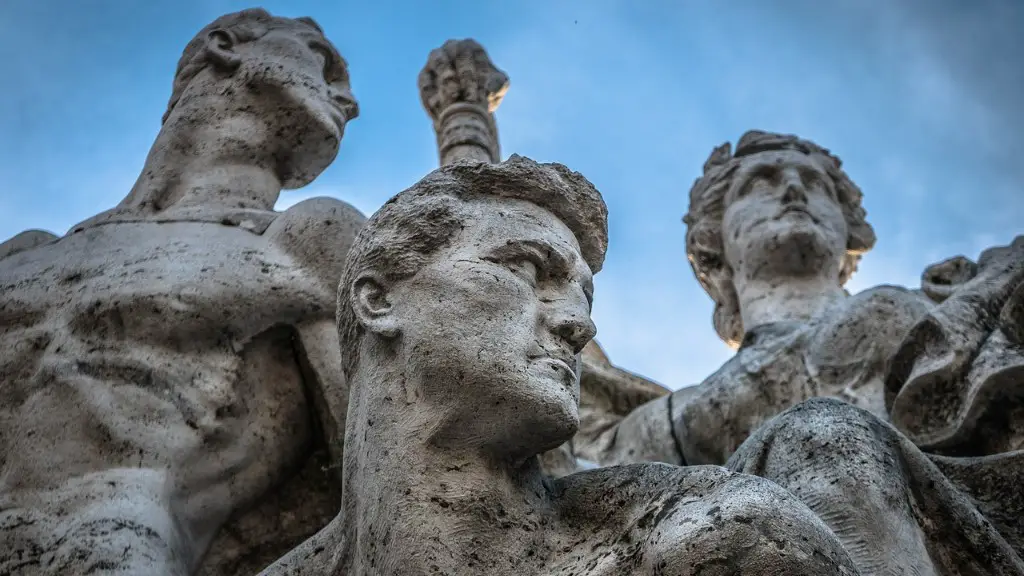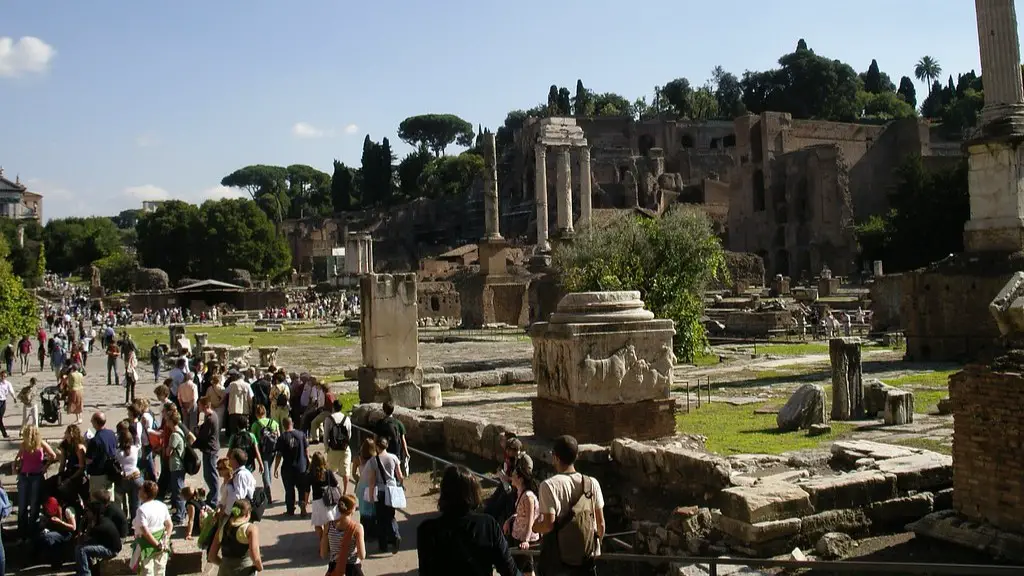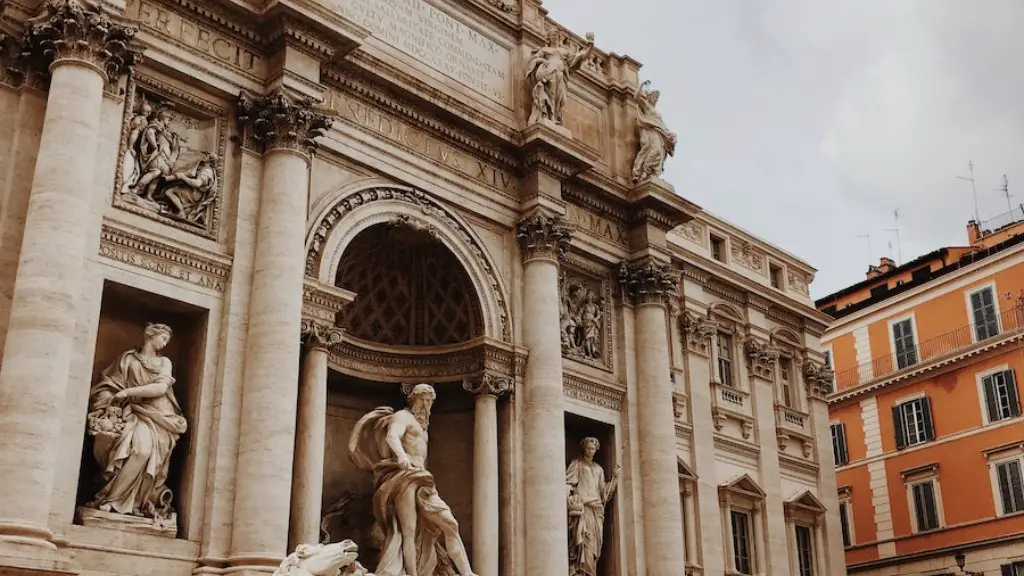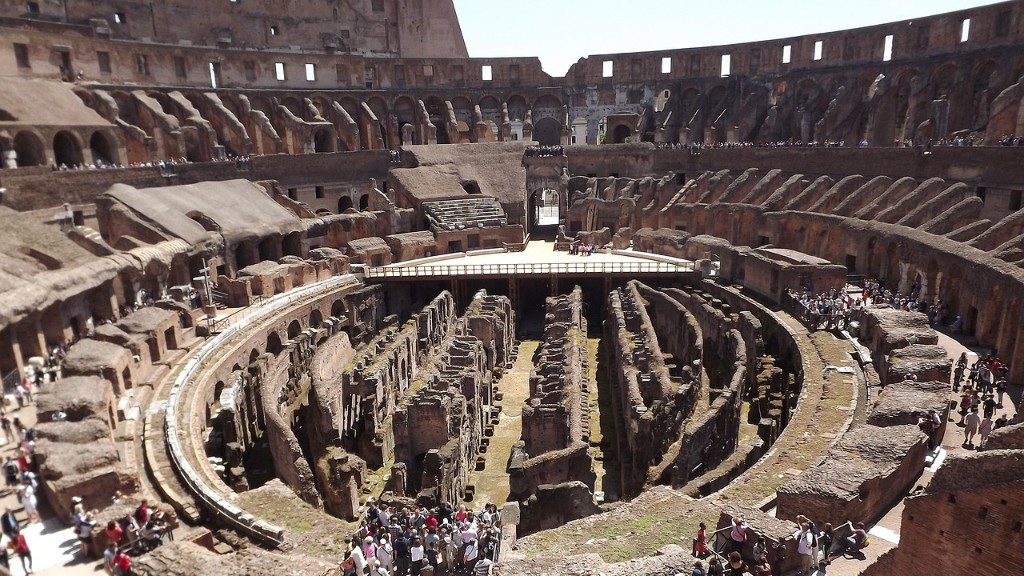What is a Proconsul?
A Proconsul was an official of the Roman Republic and later the Roman Empire who had been nominated by the Senate in Rome to serve as the governor of a province. A Proconsul was someone appointed by the Senate of Rome with the power to act on their behalf in a specific geographic area. They were appointed in the later years of the Republic and continued to serve under the Empire, in which their role was semi-autonomous. This meant that they ruled with a great deal of autonomy and had many of the same powers as the regular consuls in Rome.
Proconsuls often acted as a bridge between the Senate and the local people. They would be able to relate to the people of the province, whereas the Senate would be disconnected – this meant that the Proconsul could judge disputes and pass authority of the Senate’s rulings down to the people.
Why Has the Proconsul Been Significant in Ancient Rome?
The Proconsul has been significant in Ancient Rome as they are thought to be one of the first officials of the Roman Republic and later the Roman Empire. It was the Proconsul who first brought the laws of Rome to the provinces. The Proconsul was also a great symbol of peace as they were appointed by the Senate in Rome, who was seen as a symbol of unity, and were therefore seen as a symbol of peace in the provinces.
The Proconsul also ensured the smooth running of the province they were appointed in, brought order to the people, and distributed justice. This made them very important in the eyes of the Senate and the Roman people.
What Type of Person Would Become a Proconsul?
The type of person who would become a Proconsul was usually someone of high social standing and often someone who had already held positions of power or authority. This was because becoming a Proconsul was quite a prestigious role and the Senate wanted to ensure that the most suitable candidates were appointed for the job.
Proconsul candidates would also have to demonstrate an understanding of the law, be a good mediator and negotiator, and have a good grasp of the culture of the province they were appointed to. As a result, the selection process for Proconsuls was quite rigorous.
How Did Proconsuls Impact the Province?
Proconsuls had a great influence on the provinces they were appointed to. They brought law, order, and justice to the province, as well as helping to maintain the provincial boundaries and keeping ‘barbarian’ tribes in check. Proconsuls also acted as a bridge between the Senate and the people of the province, keeping the Senate informed of the people’s grievances.
Proconsuls ensured that taxation and trading laws were enforced, promoted trade and goods in and out of the province, and were a strong presence in international matters. This meant that the provinces they were appointed to benefitted greatly from their leadership.
What Happened to Proconsuls After the Fall of the Roman Empire?
After the fall of the Roman Empire, Proconsuls began to disappear from mainstream politics and their role was taken on by governors of provinces and other authorities. However, some Proconsuls remained in the Eastern Roman Empire, which continued until the Middle Ages.
In the modern era the term ‘Proconsul’ has been used in a variety of contexts, including in diplomatic relations and in business. The title ‘Proconsul’ can also be used as an honorary title to denote an influential individual, or to refer to someone in a position of great responsibility.
What Was the Role of a Proconsul in Ancient Rome?
The role of a Proconsul in Ancient Rome was to act as a bridge between the Senate and the people of the province. They had great autonomy and power given to them, and were able to enforce Roman laws and taxation in the province, promote peace and stability, and moderate disputes. They also sought to ensure that trade and trading laws were enforced, and acted as a strong presence on the international stage.
How Important Were Proconsuls to the Roman Empire?
The Proconsul was an incredibly important figure during the Roman Empire. They acted as a bridge between the Senate and the province, brought law, order, and justice to the province, and sought to ensure stability and prosperity within the province. As a result of this, they often became popular figures within their provinces and were therefore seen as a symbol of unity.
In addition to this, Proconsuls were highly respected by the Senate due to the level of authority they were given and the decisions they had to make on a daily basis. This meant that the Proconsuls had a great influence over the provinces and the fortunes of the Roman Empire.
How Were Proconsuls Appointed?
Proconsuls were appointed by the Senate of Rome, and their appointment was seen as an honour. Candidates for the role had to demonstrate knowledge of the law, be a credible negotiator and mediator, have an understanding of the culture of the province, and often had to have held titles of power previously.
Proconsuls had to be approved by the Senate before taking up their new role, which involved being sent to the province and taking up residence there. Once they were appointed they had a certain degree of autonomy which meant they were able to pass laws and judgments of the Senate’s rulings independently.
Summary
The Proconsul was a significant figure in Ancient Rome and their role has had an impact on our understanding of the Roman Empire. Proconsuls were appointed by the Senate to govern a province and were expected to bring the laws of Rome to the province, promote peace, resolve disputes, and enforce tax and trading laws. They were also seen as symbols of unity and were highly respected by the Senate due to their autonomy and level of responsibility. The Proconsul was an important part of the Roman Empire and their influence can still be felt today.




